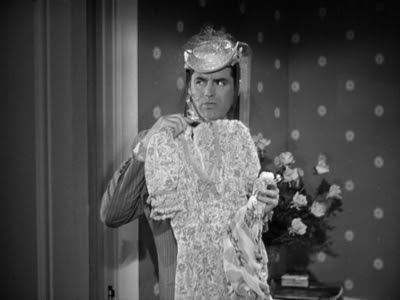From To the Best of Our Knowledge, Ben Folds on a cappella groups and the tyranny of cool:
I mean, look, if you looked up reality show singing contest a cappella cover artist that would pretty much be dork, you know? But they know that, and it’s like they’ve just broken the chains of that, which I really admire. I think that’s hard to do in an overly commercialized world of cool. Everyone can’t be cool. That’s so boring, and so old, and they’ve been doing that since I was a kid, and I thought it would stop one day, and it just keeps going. It’s creative bullying, is what it is. And so I like to take the side of these people.Folds, whose music is popular among a cappella groups, is a judge for the NBC show The Sing-Off. Here’s one central-Illinois-centric example of Folds’s music, nearly a cappella (there’s some percussion): “Effington.”
[What I know of Ben Folds’s music I like, and I owe my acquaintance with it to my children.]



